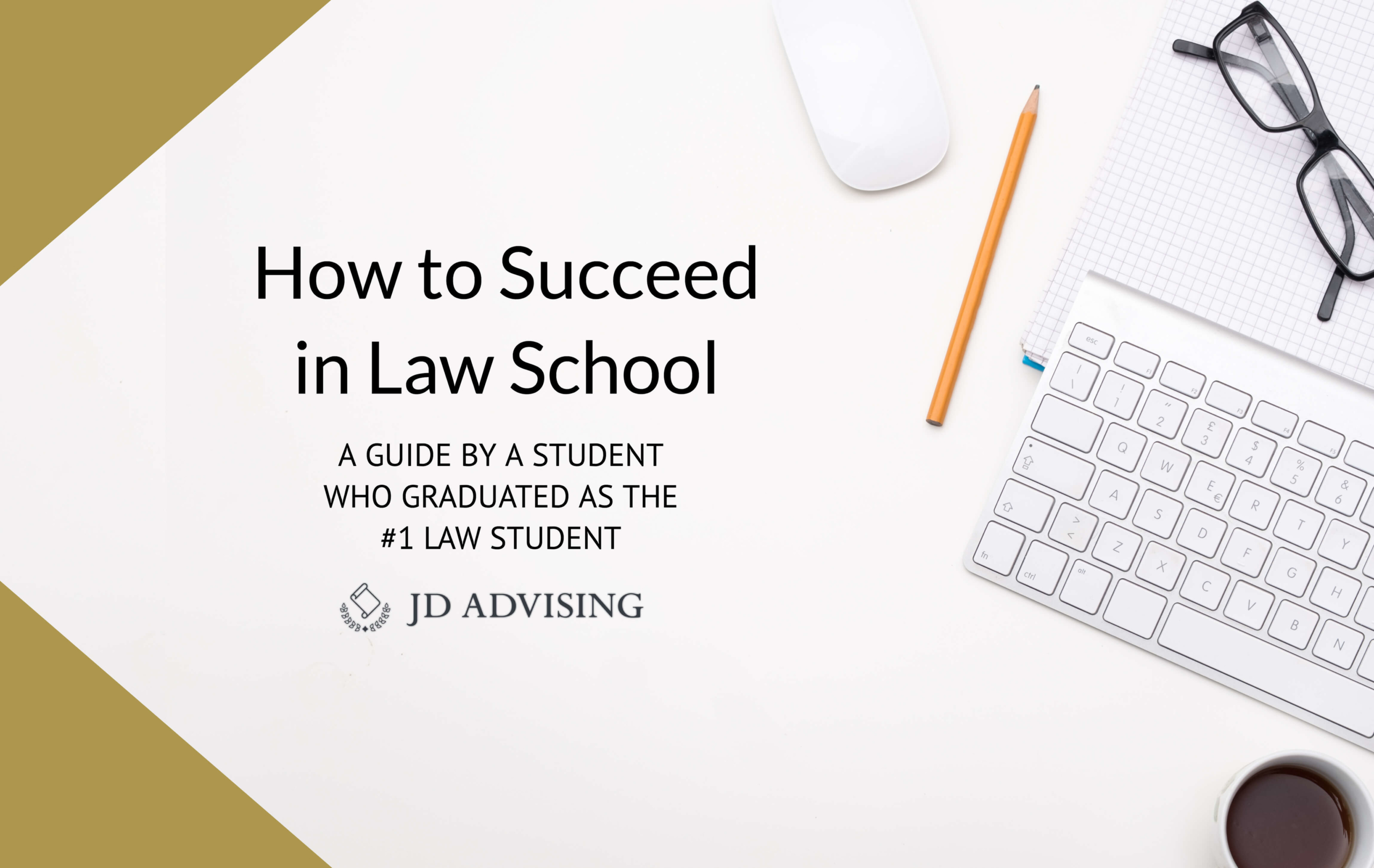Is a law school tutor worth it?
Is a law school tutor worth it?
Is a law school tutor worth it? After gaining entrance to law school and starting their first year, many students question whether they would really benefit from additional tutoring. After all, many entering law school were near the top of the undergraduate classes, and have high LSAT scores. Is a law school tutor worth it? We believe that it is one of the best investments you can make, especially beginning your first year of law school! Here’s why:
Is a law school tutor worth it?
A tutor can help you with grasping initial concepts that might be difficult your first year of law school.
Since your first year of law school is going to be drastically different from almost anything you encountered in your undergraduate studies, having a tutor as a 1L can help make the transition more manageable and less stressful! Regardless of what kinds of advanced classes you took as an undergraduate, law school classes are going to be much different than anything you have experienced. It is a new language, a new way of thinking, and requires a new way of preparing! You cannot do the same thing you did in undergrad and expect to succeed in law school. A tutor can help guide you during your first year and help you to quickly adjust to the rigors of law school.
Many students learn from their mistakes—that is, they make a lot of mistakes in their first semester and then they improve second semester. The problem is, by the time they learn from their mistakes, it is too late. Their GPA is already affected and they can only do so much to improve it.
Using a tutor can help you to study more efficiently and effectively.
Many students waste a lot of time trying to figure out how to study in law school. They spend all their time reading cases. Or, briefing cases. Or, preparing to be on call. And, they never get to what will actually help them succeed in law school final exams.
They may also feel lost and fall way behind before ever seeking help. This is especially the case when a law school professor seems daunting to meet with (and not very helpful, either!).
A tutor can save you a lot of time and energy, especially if you retain one early. A tutor can teach you how to study for law school the right way (how to outline, learn your outlines, and practice exams.) Further, if you are struggling in a particular area of law, a tutor can help unlock the substantive issues and cast a new light on difficult topics. Finally, a tutor can help you develop an effective study schedule that will make sure you are on pace for the end of semester exams.
A tutor can also provide invaluable feedback during the semester.
Often, 1L students have no idea how much they are struggling with a class until they take a final exam. Even worse, these finals are often the only feedback they will ever get from a particular professor. (And the stakes are high, since your first year matters the most, as we explain below!) Working with a tutor can help shine light on any shortcomings in your knowledge of a subject. A tutor can also clear up issues before the end of the semester so that you can approach final exams confidently.
You don’t need a semester of bad grades to find out you’ve been preparing all wrong! Correct these problems early on!

What you learn your first year matters the most!
A tutor during your first year in law school can be a great tool. But, what are the payoffs of excelling as a 1L? Isn’t it better to peak during your 2L and 3L years, before you take the bar exam? Actually, how well you do your first year of law school has a much larger impact than you might expect. Here’s why:
Even though it is your first year of law school, how well you do your first two semesters will have an indelible impact on the rest of your career.
Whether you want to work for a major firm, clerk, or do some sort of public interest work, top grades will give you the latitude to pursue any opportunities that come your way. Your class ranking is of the highest importance, especially if you are looking for employment in a competitive field. Doing well as a 1L year can—and will—affect the rest of your legal career positively.
High 1L grades can also pay short-term dividends as well.
Many opportunities, such as law review or internships, will depend highly on how well you do your first year; often, they are only offered to those at the top of the class. (Further, where you do your internship after the first year is often where you end up after law school!)
Furthermore, some schools offer scholarships after your first year, often in attempts to keep their best students from transferring to another school. Transferring to another law school is also highly contingent on being ranked at or near the top of your class.
The concepts introduced during your 1L year are some of the most highly tested ones on the bar exam.
At most schools, your first year consists of Contracts, Criminal Law, Torts, Real Property, Civil Procedure, and (possibly) Constitutional Law. These are six of the seven topics tested on the Multistate Bar Exam! Mastering them in your 1L year will invaluably help your bar prep after graduation. The ultimate goal of law school is to prepare you to pass the bar and begin your legal career; excelling your 1L year, with the assistance of a tutor, will help you along this path.
If you can afford a law school tutor, then it is worth it to invest in one. You might not need a tutor after a semester or a year of working with them—and this short-term investment can make a huge impact on how you start your law school career, the opportunities available to you over the summer and when you graduate, and whether you pass the bar exam on the first try!
Go to the next topic, What are some other JD Advising resources for 1Ls?
Seeking Success in Law School?
- Benefit from personalized one-on-one tutoring by our seasoned law school tutors.
- Explore our NEW and highly acclaimed law school study aids, available for a free trial.




